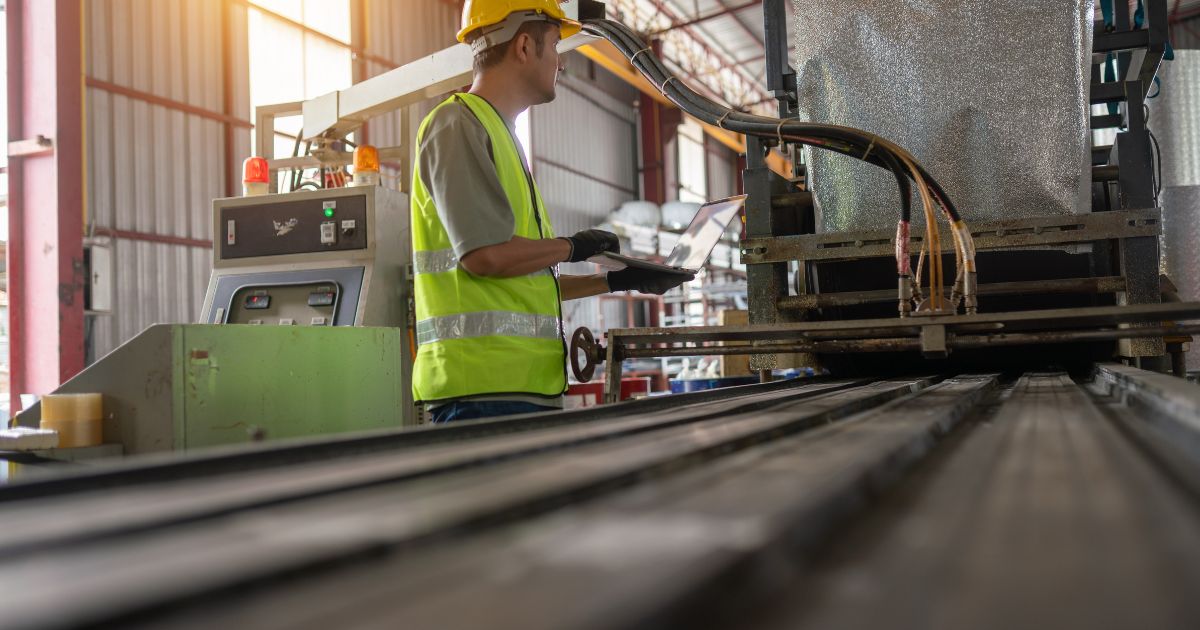So you’ve decided to enhance your business by creating a mobile app. Great choice! As we’ve detailed on this blog as well as our website, mobile apps can help you reach your current customers while at the same time opening the door to a whole new audience.
But before you get started, take a step back. While creating a mobile app specifically for your needs is undoubtedly important, it’s only beneficial if the end product is an app that actually represents what you’re looking for, enhancing your business’s core message while at the same time offering a flawless user experience. To ensure that’s the case, here are the 7 questions you should ask your custom mobile app company before getting the process started.
1. What’s Your Development Process?
As a novice to app development, you may think the process of creating a mobile application is as simple as starting on one end and coming out with the finished product on the other. While that’s undoubtedly true, it’s also an oversimplification of what truly happens. Most app developers follow a customized version of one of two main types of app development: waterfall or agile.
Waterfall development means a streamlined process: early on, the app creator establishes a timeline for the several steps involved, including planning, development and testing. Then, they attempt to adhere to that strategy as closely as possible.
Agile development, on the other hand, takes a different path. Here, the app is divided up into blocks; each block represents a different portion of the app, and comes with its own planning, development and planning phase, making this concept more flexible. Both approaches come with their own advantages and disadvantages, though agile development typically produces better results. Knowing how your proposed developer approaches the app development process allows you to get a better picture of what will actually happen.
2. Have You Developed Similar Software Products?
Naturally, you will want to look at a developer’s past work to evaluate how closely they can come to what you’re looking for. But don’t be afraid to look outside the box; a company in a completely different industry may have had a very similar need to yours, allowing you to gain insight into what your app may look like from an unexpected source.
For example, you may be looking for an e-commerce app that allows you to sell your products online. In that case, looking at the functionality of past e-commerce apps created by the developer is helpful, as is looking at apps that take advantage of gamification or image building, if that’s the route you’re planning on taking. In other words “similar” here means in terms of the app, and not necessarily in terms of the client asking for it.
3. What Programming Languages Do Your Developers Use?
You’re probably aware of the main operating systems on which an app has to work to be successful: Apple and Android. But depending on your customer base, you may want to consider different systems as well, such as Windows or even a web-based app. Each operating system requires a different version of your app, so be sure about your developer’s capabilities before you get started. You also want to make sure they’re writing in each platform’s native language, because many developers take shortcuts by building “cross-platform apps” that write code with web languages like HTML, CSS, and JavaScript, and then translate that code into a mobile app language, which typically produces a much lower-quality app.
4. How Do You Test?
This is one of the most important questions you should ask: once the actual app is created, how does your developer ensure that the bugs are ironed out and everything works as it should? Most app developers have a clear structure in place that allows them to iron out most if not all of these issues before handing it over to you so if your developer doesn’t give you a clear answer, you should have a reason to pause. You don’t want to work with a developer who doesn’t take responsibility for testing or who doesn’t prioritize developing top quality apps.
5. What’s Your Pricing Structure?
Again, this is a question that shouldn’t necessarily swing your decision one way or the other, but is important to get clarification on before the app is in development. Does your developer charge a flat fee regardless of how long the app takes, or a flexible fee that increases or decreased based on how long it takes to create and what issues are encountered along the way?
6. Are We (the clients) Involved?
Another question that’s important to ask but easy to forget is how involved you will be in the app creation process. Generally, you shouldn’t expect to micromanage the process; most app development companies are professionals in their field and don’t need to check in with you every hour.
At the same time, you don’t want to be completely removed from the process, which opens the possibility of being presented with a finished app at deadline day that’s nothing like what you had envisioned or what your company needs. Some client involvement is necessary in every stage, even if it’s just with a weekly check-in call or a regular short demo.
7. What Happens When the App is Done?
In other words, what happens when you get the finished product? This is important for you to know simply because of preparation: most apps will need at least semi-regular updates, and you should know ahead of time how easy (or difficult) it would be for your app developer to make those updates – and how much it would cost.
In other words, developing an app should not be a one-time transaction. Ideally, you and your app developer will enter into a mutually beneficial, long-term professional relationship that ensures not just the immediate, but also the long-term success of your app. And when you’re ready to start building your own app and to ask the above questions, don’t hesitate to contact us! We’ll be happy to answer your questions and be there for all of your custom mobile app development needs.








